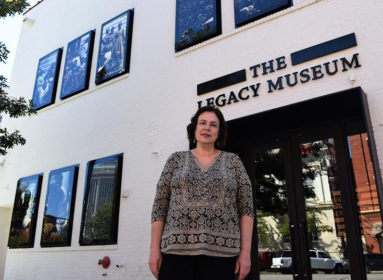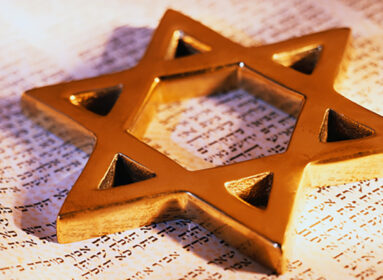By Shlomo Riskin
“The entire earth had one language with uniform words (or policies, or ideas; (Hebrew, devarim ahadim).” (Genesis 11:1)
After the Great Flood and the subsequent renewal of the world’s civilization, the Bible records a first attempt at governmental and societal re-constitution with the Tower of Babel. In the wake of a new-found unity (or uniformity) upon which this grandiose scheme was based, “each individual said to the other, ‘Come, let us mold bricks and burn them in fire.’ And the brick served them as stone and the asphalt served them as mortar. And they said, ‘Come, let us build ourselves a city, and a tower whose top shall reach the heavens; let us make a name for ourselves, lest we be scattered all over the face of the earth.’” (Genesis 11:2-4).
Apparently, these people were striving for unity; they were attempting to prevent dispersion or exile of disparate, separate groups of peoples through the centralization of a single governmental power.
But, almost inexplicably, this program is not pleasing in the eyes of God. “The Lord said, “If as one people speaking the same language they have begun to do this, then nothing they plan to do will be impossible for them. Come, let us go down and confuse their language so they will not understand each other.” So the Lord scattered them from there over all the earth, and they stopped building the city. That is why He called it Babel, because there the Lord confused the language of the whole world. From there the Lord scattered them over the face of the whole earth.” (Ibid 6-9)
Why is the Lord so upset with them? Is our God against unity, against centralized and uniform activity? Is He in favor of divisions and dispersions? What about our clarion call of faith, our ringing declaration of unity, “Hear O Israel, the Lord our God, the Lord is one”?! What about the messianic promise of the prophet Zephaniah, “For then I shall change the nations to speak a pure language (the Radak interprets that they will be dedicated to pure and Godly purposes; the Ibn Ezra maintains that they will all speak Hebrew), for all of them to proclaim in the Name of the Lord, to serve Him with a united resolve” (Zephaniah 3:9). Is this not a call for unity of all the nations, which the God of the prophet Zephaniah identifies with the ultimate redemption?
In order to understand the deep chasm that divides Babel from Zephaniah, we must analyze the purpose behind each type of unity. After all, unity is a mighty force; just as unity used for a positive purpose can re-create the world in the Kingship of God, so unity with a negative resolve can destroy the world.
Zephaniah desired unity so that all nations will “proclaim the Name of the Lord,” which is Love and Compassion, Loving-kindness and Truth (Exodus 34:5-8). He desired a united resolve of all nations to serve the Lord of the Universe, by performing acts of compassionate righteousness and moral justice (Genesis 18:18,19). Babel, on the other hand, desired unity in order “to make for ourselves a name,” in order to invest with supreme power an oligarchy of bureaucratic despots interested in gigantic buildings for their own self- aggrandizement (Babylonian Ziggurats), devoid of concern for the common welfare or for the triumph of good over evil, right over might.
Indeed, the rabbis of the Midrash masterfully read between the lines of the Bible. They suggest that the people of Babel planned that the top of the tower would reach the heavens in order to “murder” the God of love, morality and peace, and that the builders would hardly notice if a human being fell to the ground, but they would mourn if a brick fell to the ground (Bereishit Rabbah, ad loc). Babel is communist, totalitarian materialism.
The other major distinction between Babel and our Bible lies in uniformity versus unity. Our Biblical tradition is profoundly supportive of unity in terms of ethical conduct, even insisting upon universal ethical absolution regarding the Seven Noahide Laws of Morality and the universal acceptance of a God of Peace (Isaiah 2, Maimonides Laws of Kings 8,10); however, Micah (4:5) proclaims the possibility of religious pluralism; “Let everyone walk in the Name of his God, and we will walk in the Name of the Lord our God forever”, and our Mishnah glories in the fact that God has created different people of widely different physiognomies and ethnic appearances as well as of different outlooks and philosophies (Sanhedrin 4: 5).
As long as everyone is on the same page in terms of a commitment to a God of peace and morality, the Messiah will not be far behind.
Rabbi Shlomo Riskin is chancellor of Ohr Torah Stone and chief rabbi of Efrat, Israel.







 Southern New England Jewish Ledger
Southern New England Jewish Ledger















